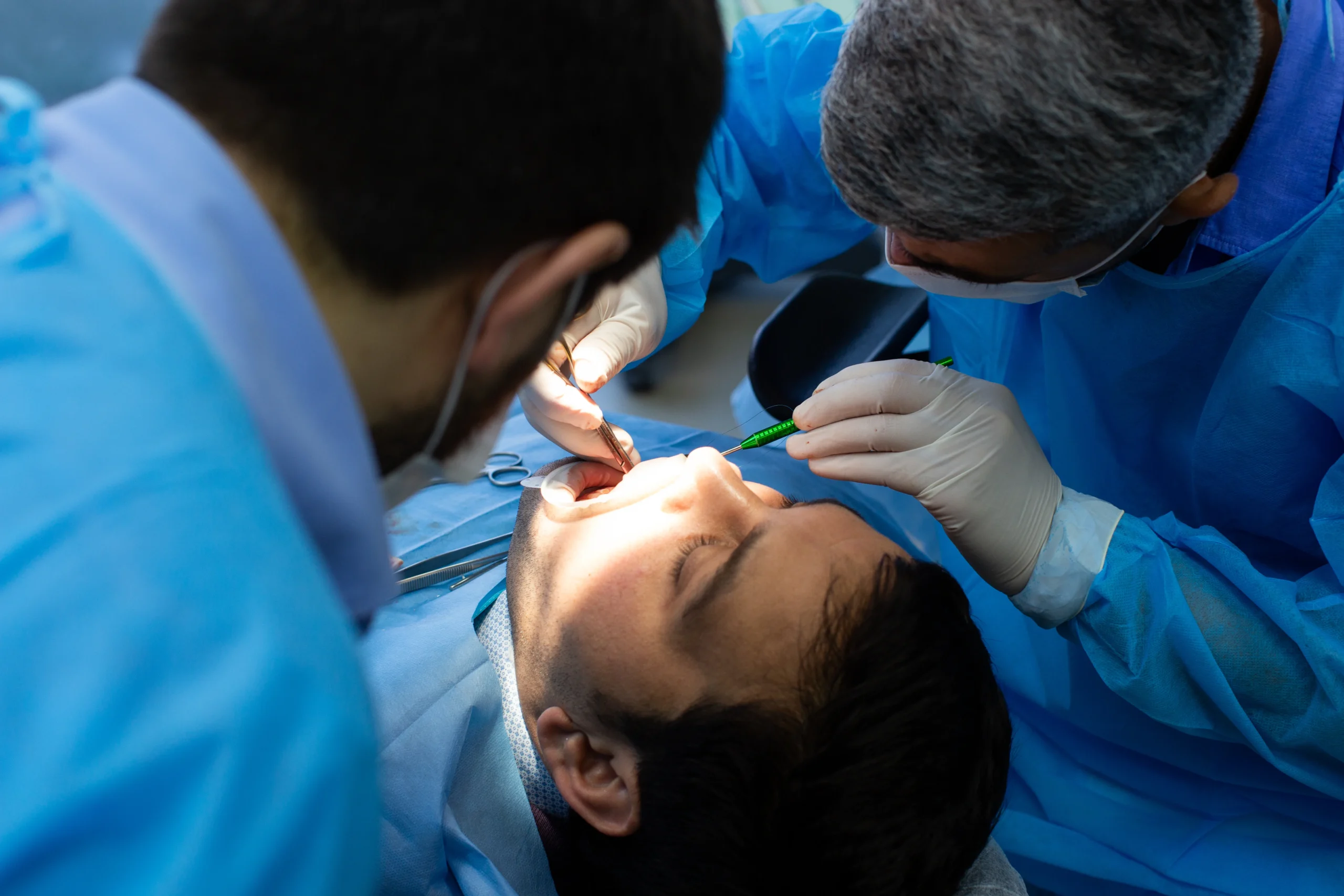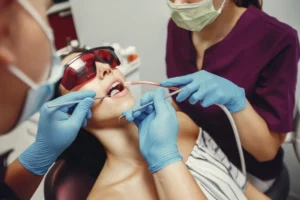How General Dentists Collaborate With Sleep Specialists To Combat Bruxism
Understanding your overall health includes addressing issues like bruxism, commonly known as teeth grinding. This condition often goes unnoticed until symptoms become severe. You may not know that dentists and sleep specialists work together to manage this issue. In the heart of Bellmore, a Bellmore dentist teams up with sleep experts to offer a comprehensive approach to treating bruxism. Together, they identify the root of your teeth grinding and offer solutions. These professionals combine their expertise to improve your dental health and sleep quality. They assess your symptoms, create tailor-made plans, and provide guidance. Their collaboration ensures you receive care that addresses both dental and sleep-related aspects of bruxism. This partnership between general dentists and sleep specialists means more effective management of your condition. It gives you peace of mind. You can rest easy knowing that your health is in capable, caring hands.
What is Bruxism?
Bruxism involves grinding or clenching your teeth, often without realizing it. Many people experience this condition during sleep, making it hard to detect. Signs you might have bruxism include jaw pain, headaches, and worn-down teeth. These symptoms can lead to further complications. For more information on bruxism, visit the National Institutes of Health website.
The Role of General Dentists
Dentists play a key role in identifying bruxism. They examine signs of teeth wear and evaluate jaw pain. Once they diagnose bruxism, they create a treatment plan. This often includes making custom mouthguards and offering advice on managing stress. Dentists also monitor progress during follow-up visits.
Collaboration with Sleep Specialists
Sleep specialists help uncover underlying sleep disorders that may cause bruxism. They conduct sleep studies to assess your sleep quality. These assessments help identify patterns or disruptions. With this information, they work with your dentist to develop a comprehensive treatment plan.
Treatment Approaches
- Mouthguards: Dentists provide personalized mouthguards to protect teeth and reduce grinding.
- Stress Management: Strategies to reduce stress may decrease bruxism symptoms.
- Sleep Therapy: Sleep specialists may suggest changes in sleep habits or recommend therapy to improve sleep quality.
Comparison of Treatment Approaches
| Treatment | Provided By | Purpose |
|---|---|---|
| Mouthguards | Dentists | Protect teeth and reduce grinding |
| Stress Management | Both | Reduce stress and alleviate symptoms |
| Sleep Therapy | Sleep Specialists | Improve sleep quality and reduce bruxism |
Benefits of Collaboration
This teamwork between dentists and sleep specialists ensures a full approach to bruxism care. Combining their expertise means addressing both physical and lifestyle factors. This leads to better outcomes and improved life quality. Patients receive targeted treatments that consider dental health and sleep patterns.
What You Can Do
If you suspect you have bruxism, consult with your dentist. They will guide you through the next steps and refer you to a sleep specialist if needed. Early intervention can prevent further complications. Regular check-ups are crucial for monitoring progress. For additional guidance, consult resources from the Centers for Disease Control and Prevention.
Final Thoughts
The collaboration between general dentists and sleep specialists provides holistic care for bruxism. By addressing both dental and sleep-related factors, this partnership ensures effective management. Remember, taking action early can lead to better health outcomes. Trust in their expertise to guide you toward a healthier, restful future.

Deepak Sharma
Namaste! I’m Deepak Sharma, the creative mind behind SocialFunda, your go-to hub for Facebook bios, captivating captions, Instagram bios, and a treasure trove of Hindi Shayari. As a digital enthusiast, I am passionate about curating content that adds a touch of flair to your online presence.







